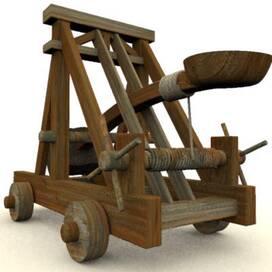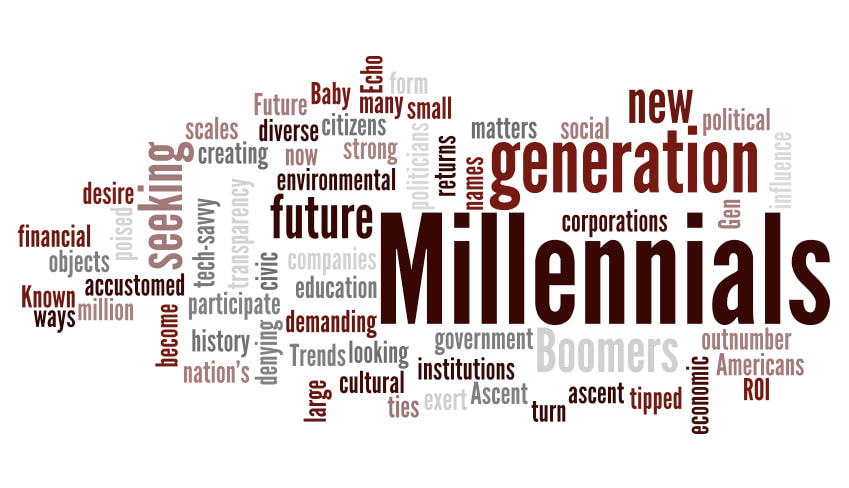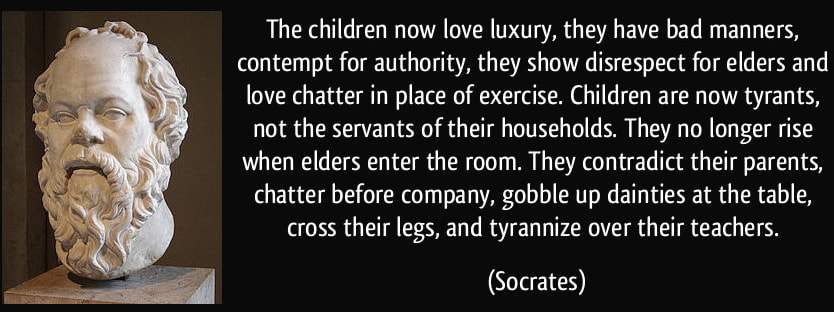 Let's talk about some of HR people's favorite things: rules. HR gets a bad rap for being the policy police, and sometimes rightfully so. Why do we love rules so much? Does it make us feel safe at night? Does it make us feel like we're actually doing something? Some rules are just plain stupid. Let's talk about some stupid rules. In Colorado for instance, you are not allowed to catapult anything, you are allowed to own a catapult, but you better not try to discharge it. Also flaming arrows are illegal. In Connecticut, pickles must bounce by rule of law. You cannot sell a pickle unless it bounces. Connecticut's Food and Drug Commissioner proclaimed that a real pickle "should bounce" when dropped from the height of one foot, which is state law. Part of the joy of human resources is dealing with situations where somebody thinks that a rule should be put into place. Whether that's a rule related to attendance, a rule related to cell phone, or a rule related to a pickle. My guidance here is that rules are important sometimes, but we should actively search out stupid rules. We should make every effort to get rid of them at all costs. One of my favorite tactics when somebody comes to me and says we have to have a policy for this, we need a rule for that. If I don't have a clear cut policy with 17 different steps, and a flowchart that describes exactly what we're doing and every scenario within the situation, my favorite response is: "I would be happy to look into creating a policy for you. But what policy Are we going to get rid of because I'm not adding any more policies into our handbook." A handbook in itself can be relatively archaic and complex thing. How many people actually take the time during orientation, to allow people to read through an entire Handbook, fully understand, and then sign that Acknowledgement Form at the end of it. It just doesn't happen. If it does happen, that sounds like a terrible orientation experience. The goal should not be to make more rules or apply more bureaucracy to systems. Human Resources should be focused on building culture and building systems and structures that build trust. We should allow people to understand that they should not be setting off catapults at work. As we all know, they should be able to drop a pickle from a one foot height and have it bounce. That's almost as silly as the sixth iteration of the attendance policy that still did not work.
0 Comments
 Millennials. Millennials are lazy. Millennials are stupid. Millennials are idiots. Millennials are the worst. Millennials are entitled. Millennials are screwed. These are all things you will find when you type "Millennials Are" into a Google search bar. A millennial is someone who was born between 1980 and 1996. If you do a little bit of math, how old are the millennials right now? That's right, Millennials are turning 40 this year. I have a confession to make. I am a millennial. I was born in 1983. I grew up before the age of the internet. I had a black and white TV with rabbit ears. Every once in a while I could get the Teenage Mutant Ninja Turtles on Saturday mornings. When I went to high school, the internet was starting to come around. And in college, some crazy thing called Facebook had just started. I am a lazy, stupid entitled millennial. Except for one thing. I've been working since I graduated college, I haven't left a job before being there for at least five years. I've got three kids. I've got a mortgage, and I just paid off my student loans this year. So why do we always hear about millennials in the workplace? For me, the answer is simple. We like to clump people into groups. Then we like to blame groups that are not like us for things when they don't go right. Unfortunately, it's human nature. If we group things together, it's easy for us to categorize. That's how our brains work. However, this becomes very destructive in a workplace environment. If I blame all of my organization struggles and problems on one specific group of people, there's a word for that: discrimination. So why is it okay in the US workplace to discriminate people who are younger than me, but not older than me? Under the EEOC, it is technically legal to discriminate somebody on the basis of age as long as they're younger than 40 years old. So guess what? millennials have job protection in 2020. But that doesn't make any sense. Why does age matter at all? The organizations that have embraced the Millennial generation are the ones that are winning right now. Apple, Google, Facebook, Microsoft, guess where that talent pool is coming from? Millennials, which also happen to be the largest group within the workforce right now. Millennials were raised in a very different time than the generations prior. We didn't need to ask a figure of authority in college to find out an answer. We could Google it. We didn't have to rely on a newspaper. We had it readily available on any search engine that we wanted. We've lived through multiple recessions now. And one of the most formative things when we were growing up, was 9-11. However, I would argue that this is very similar to all the other generations that came before. Baby boomers, Gen X, the greatest generation, they've all seen their fair share of struggles and challenges. They also saw formative transformational events happen within their society. They weathered recessions, just like millennials, they had to work hard, just like millennials, they had things to overcome and barriers to knock down just like millennials. At the end of the day, all of the generations have more in common than they have in difference. We have to be aware that despite the year that we were born, we all face similar challenges and struggles at work. As HR professionals, it's our job to ensure that we have inclusive environments that allow people to succeed, regardless of the arbitrary year that they happen to be born in. And let's understand that when we whine about the word "Millennial", we're basically just complaining about "kids these days", which every generation has complained about. |
About The BlogAre you tired of the same old boring advice about how to succeed in your career? Do you feel like you're stuck in a rut and can't seem to break free? If so, then you need to check out our blog! Our blog is all about thinking differently when it comes to the world of work. We don't just regurgitate tired old advice - we bring you fresh insights from our own careers and from interviews with experts on our podcast, Rebel HR. So if you're ready to shake things up and start approaching your career in a new way, then our blog is a must-read. Don't settle for mediocrity - join us and let's revolutionize the world of work together! Archives
October 2023
Categories
All
|


 RSS Feed
RSS Feed
